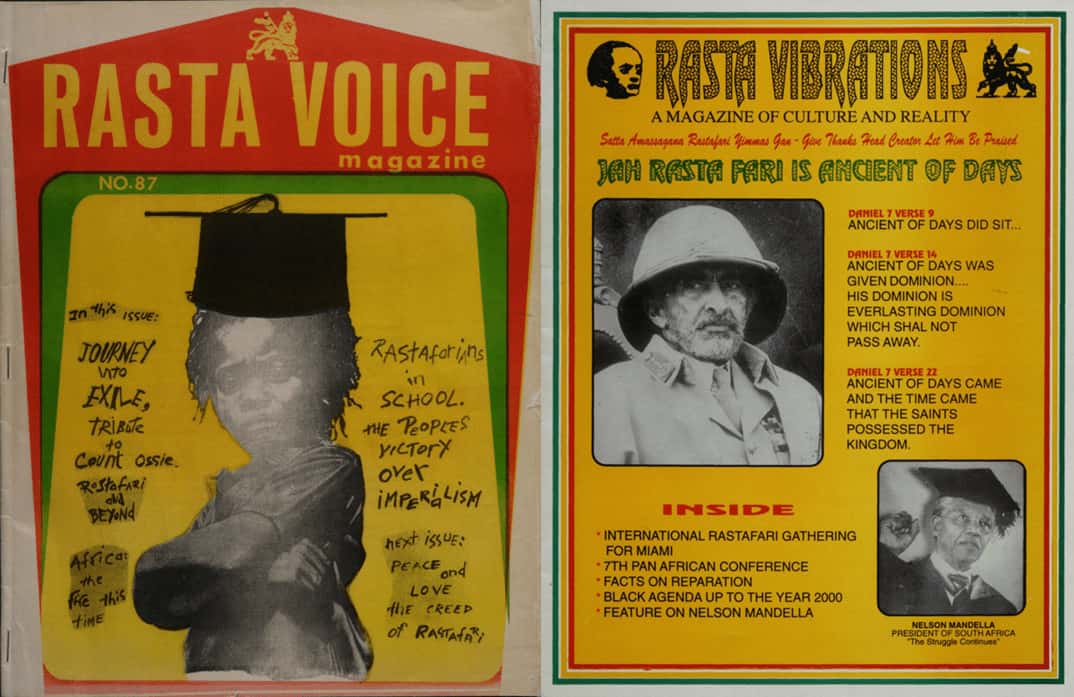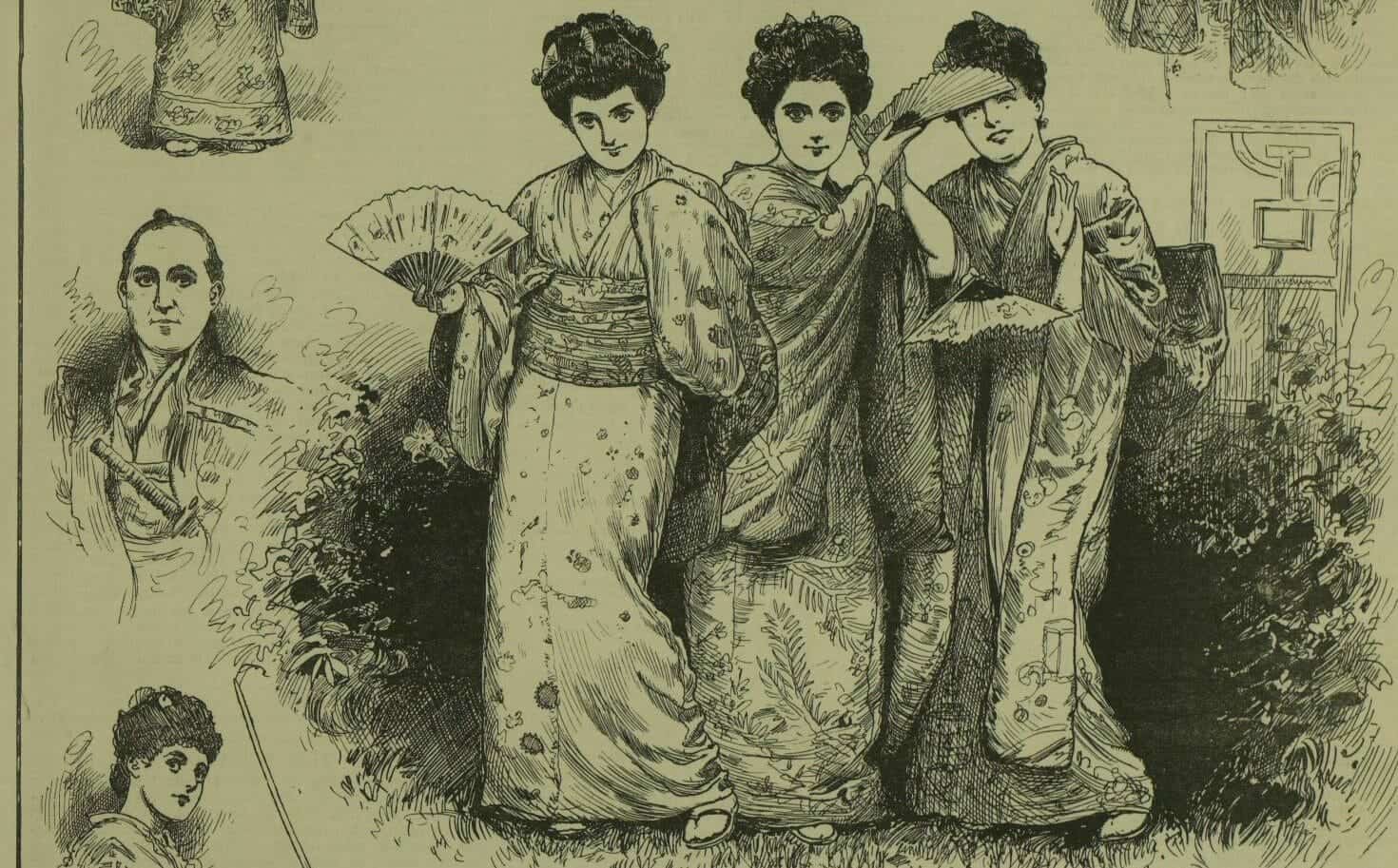│By Ellie Brosnan, Gale Ambassador at Durham University│
Studying archival material has been one of the most fascinating aspects of my History degree so far. Local libraries often host regional collections which provide a fascinating avenue into engaging with local histories, and being a student at Durham University in the north-east of England has allowed me to engage with primary sources from this area. During my time at university, for example, I have been lucky enough to see letters from servants at Durham castle from centuries past. Archives hold all manner of sources and uncovering new information is always rewarding, both physically and digitally. Delving into Gale’s online resources has also illustrated how digital archives can offer as much, if not more, compared to their traditional physical counterparts.






